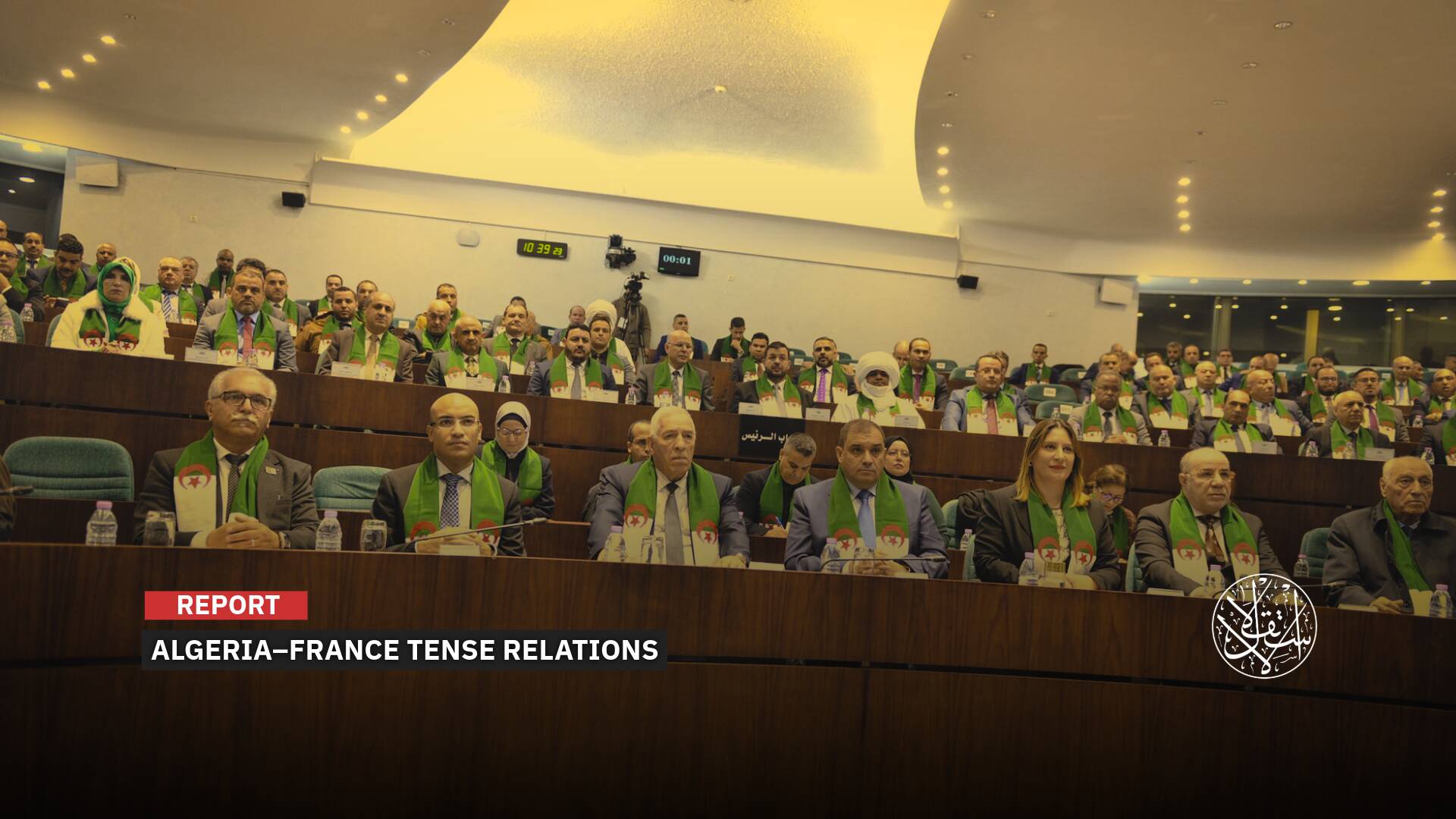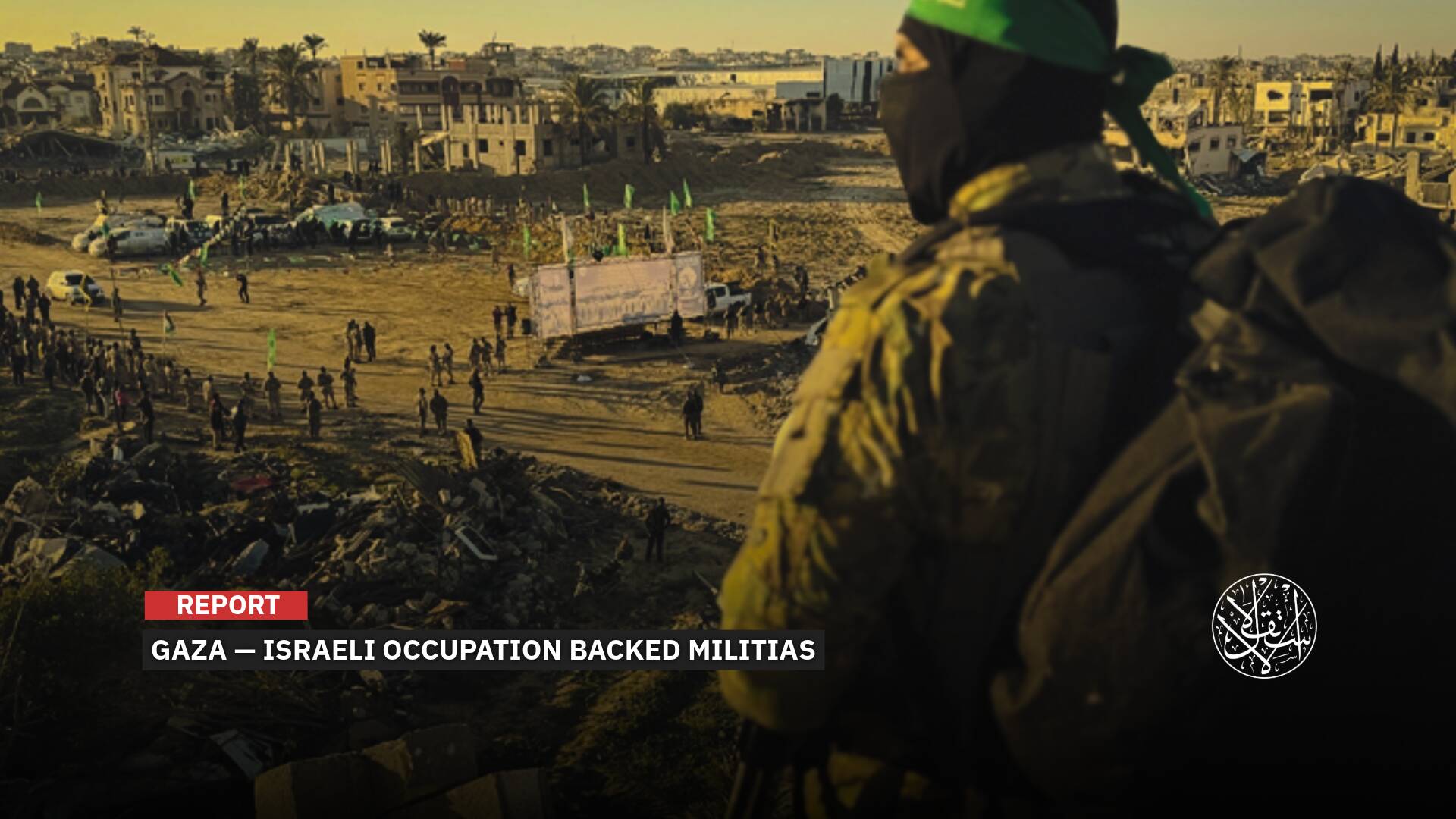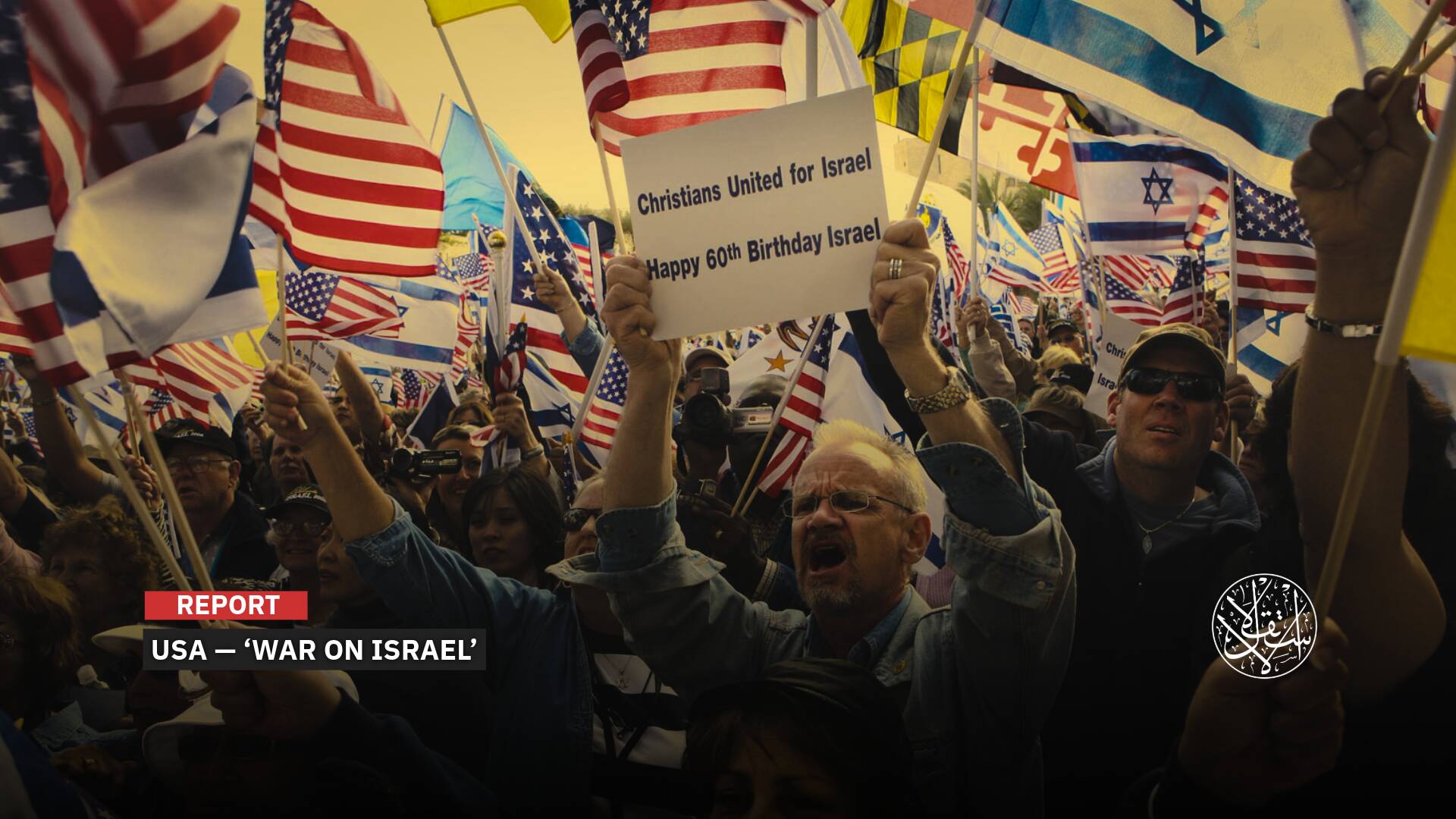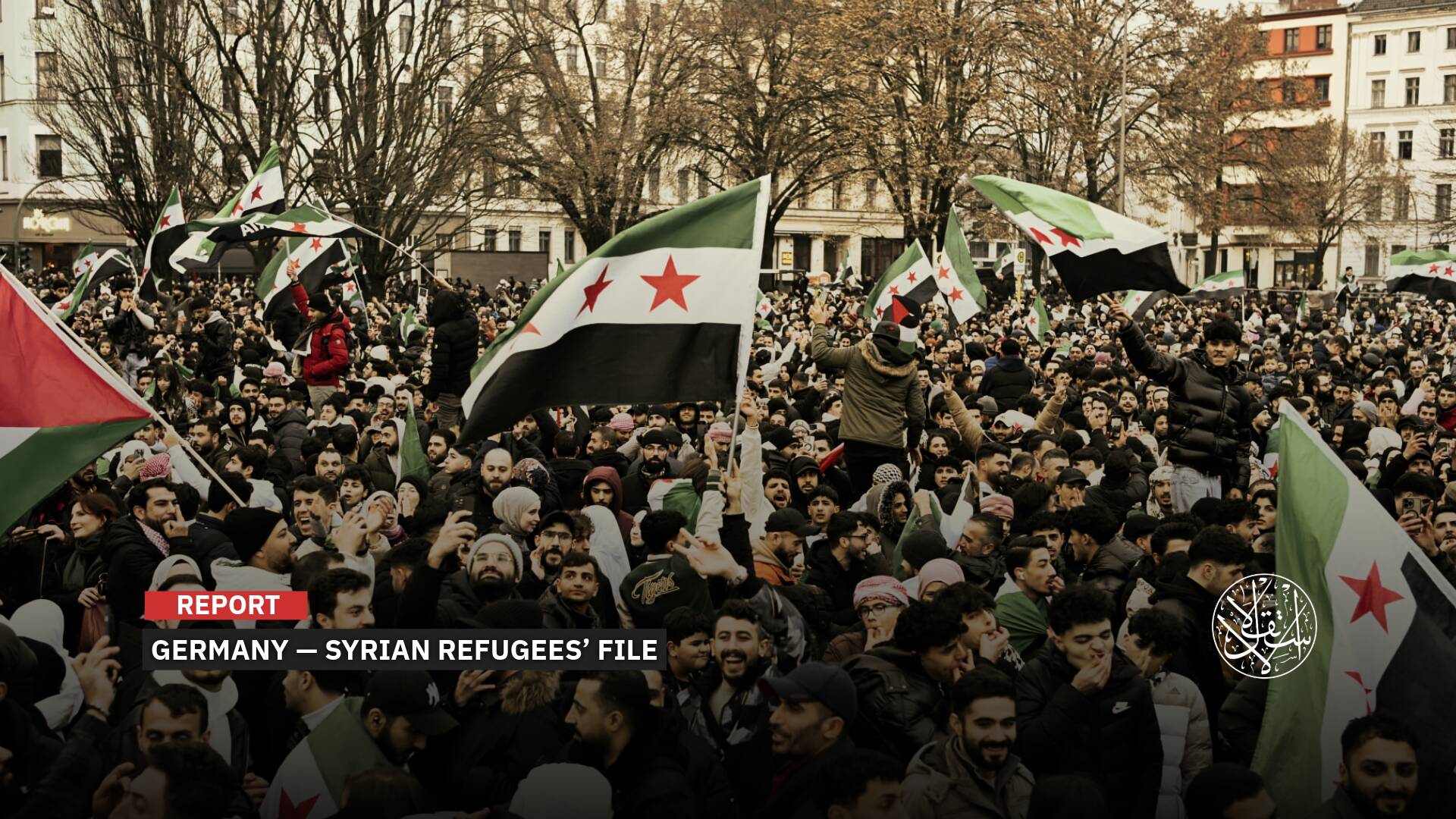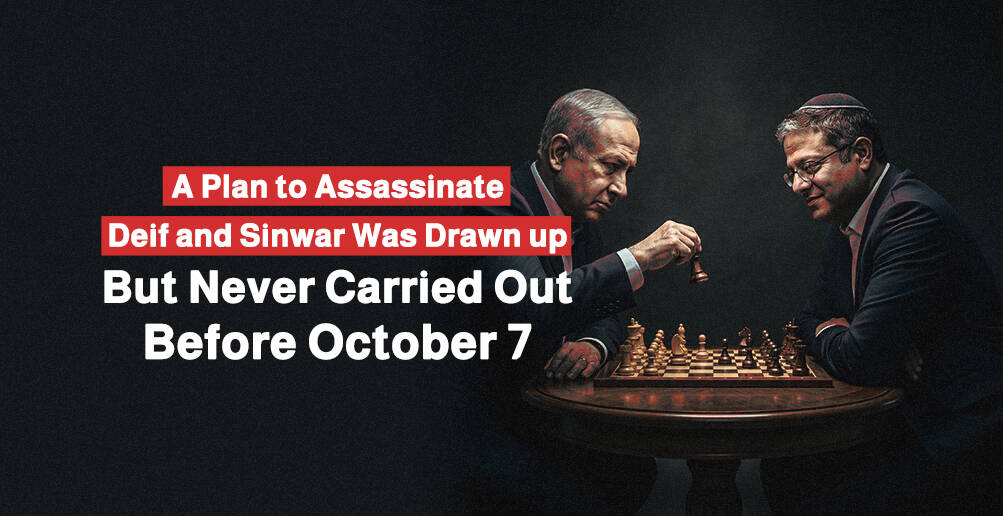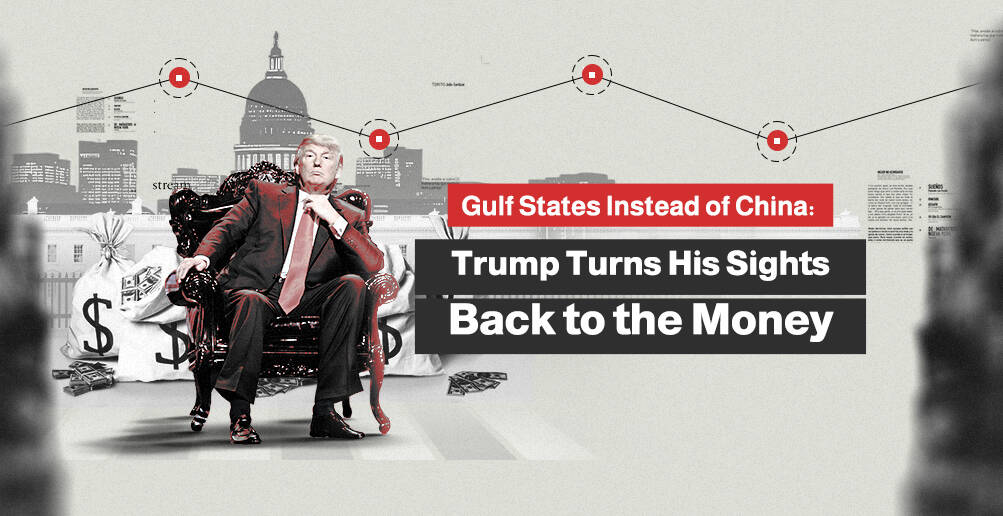Could the Hatred of the Far-Right Be Curbed After the Swedish Parliamentary Elections?

The partial results of Sweden's September 11 legislative elections showed a great convergence between the left and the right blocs, which may make the final result depending on one or two seats.
Sweden authorities announced that the final results of Sweden's general election might not be known until Wednesday, as a too-close-to-call count overnight from Sunday into Monday meant advance votes and overseas ballots will all need to be tallied.
Based on the votes that were counted on September 11 of three-quarters of the number of polling stations, the right-wing bloc got 175 seats, while the left got 174 seats.
Euronews revealed that: even if Prime Minister Magdalena Andersson's Social Democrats party stood as the biggest single party of the night with 30.5% of the vote, her progressive left-wing bloc of four parties did not appear to have enough seats in the Riksdag to form a government. The party has been the most widely represented in 30 years
The anti-immigrant far-right Sweden Democrats seem to be the big winner of this year's election, winning almost 21% of the votes and surpassing the traditional conservative opposition, the Moderate Party, to become the second biggest party in parliament.

Far-Right Influence
From the founding of the anti-immigrant party in 2005, it promoted policies against immigration to the country by the controversial politician Jimmie Akesson.
However, there was an implicit agreement between the parliamentary parties of both blocs: the red and the blue as they are called locally, to impose a veto on the far-right party Sweden Democrats, to prevent it from playing a role or influence in political life. The agreement remained in place until the 2018 elections.
Now the situation in the country has changed, and the issue of immigration and integration is being discussed in a completely different atmosphere from the one that prevailed in Sweden before receiving about 163,000 refugees at once in 2015.
The victory of the right, with the support of the extreme right, would open a new political phase in Sweden at a time when the country is preparing to take over the rotating presidency of the European Union on January 1 and to complete its historic candidacy mechanism to join NATO.
Parliament consists of 349 deputies who are elected according to the proportional system, and only parties that achieve more than 4% of the vote get seats.
The election campaign was dominated by topics that supported the right-wing opposition, such as crime, the bloody settlement of accounts between gangs, the problems of immigrant integration, and the sharp increase in fuel and electricity bills, among others.

Crimes and Order
Apparently, the rising popularity of the far right is locally linked to the increasing level of gang violence and the spread of gun killings.
The rise in popularity of the far right is linked locally to the increasing level of gang violence and the spread of killings using firearms
The popularity of the Sweden Democrats has fluctuated over the past few weeks, around 15 to 17 percent, but the bloody consequences of gang violence have catapulted his popularity beyond the well-established parties in the blue and red blocs.
Stopping the violence and the citizens' desire to impose law and order became an electoral slogan for most of Sweden's parties. The heavy toll, with 47 deaths so far, makes the current year exceed the death toll of 46 victims in 2021, which the Swedes thought was the most violent year.
These killings resulted from hundreds of shootings, or about 366 shootings annually on average, and include most of the Swedish geography, although the largest share is in the suburbs of the capital Stockholm, Gothenburg, and Malmo (south).
So, the Swedish voter turned from their traditional concerns in issues of welfare and health, and even from the crises of inflation and energy and fear of the repercussions of the Ukraine war to the slogan "imposing law and order," which was the focus of concerns and promises of political parties of various stripes.

Hated Debate
The right-wing camp, especially the Christian Democrats and Sweden Democrats, launched a violent attack on the prime minister of the center-left government, Magdalena Anderson, in the television debates on September 6, on the grounds that her party's policies on immigration and integration contributed to Sweden's transformation into a hotbed of gangs.
In an interview with Al-Estiklal, Sheikh Mohammed, representative of Amsterdam's mosque, said: "The public discussion about the private details of citizens of immigrant and refugee backgrounds is the most sad and striking precedent in Sweden."
He added: "Since the 1960s when Sweden received immigrants from other countries, including large Arab communities, as a workforce, there has never been a public degrading debate about people's lives. Some of the candidates of immigrant background were subjected to discriminating comments while running as representatives for local and parliamentary parties."
He emphasized: "The political atmosphere in Sweden has been getting tense since 2015, with the arrival of more than 163,000 refugees, including Syrians and Palestinians."
This public discussion of privacies was considered taboo, as it was difficult in the past for government and media institutions to indicate the nationality or ethnicity of people. Yet, with the increase in the pace of discussion about "parallel societies" and the absence of the Swedish language in the suburbs, the debate has become beyond what the other Scandinavian neighbor, Denmark, embarked on.
Indeed, some poles of the right-wing camp take the Danish extremism experience as a model to impose the demolition of residential communities, labeled as ghettos. It pretended that it only seeks to distribute the immigrant population to live within Swedish society and not on the margins.
Even the center-left Prime Minister, Magdalena Anderson, said last month that her country did not want to see "mini-Mogadishu'', referring to some suburbs that live as parallel communities, as they call them locally.
In sum, the competition over the past weeks over "law and order" seemed in favor of the far-right. It also forced political figures to flock to one of the children's playgrounds, which witnessed on August 27 an incident of 15 shootings in a suburb located about 90 km west of Stockholm, during which a woman and a child were injured, to confirm that they pay attention to the concerns of voters after the escalation of the drug gang war, and Sweden's ranking first in Europe for shootings.


